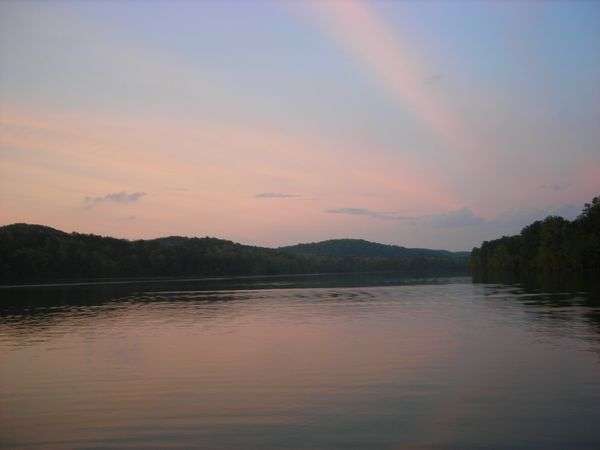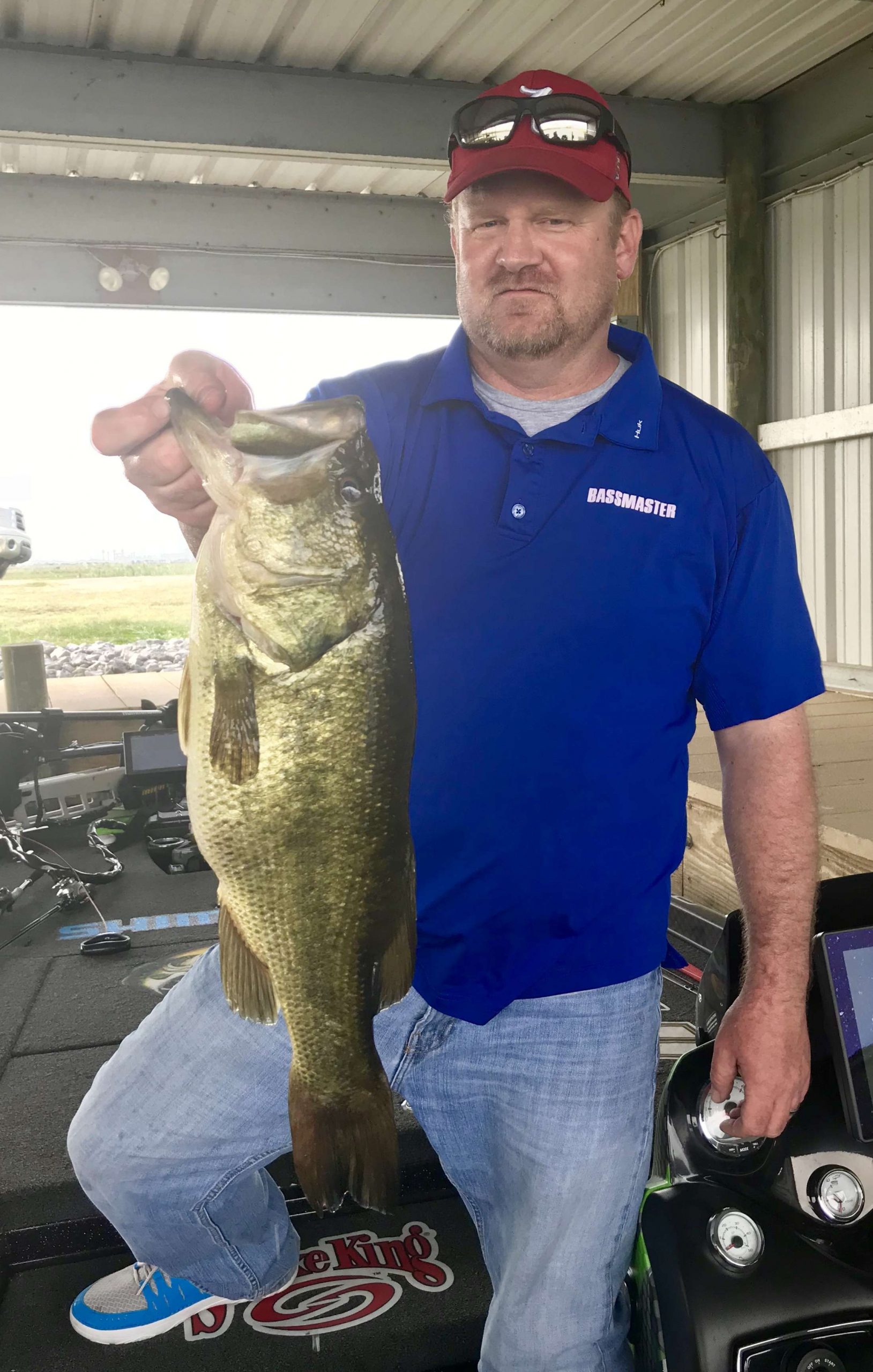
Back in late May, my dad, Mike Brasher, and I took an early-morning trip to a beautiful 990-acre water works lake in Birmingham, Ala., called Lake Purdy.
We started the day by loading our tackle and equipment into my Toyota Tacoma — and it was no small task.
The only way to access the lake is by aluminum rental boat. For that, you need a portable outboard, a gas tank, a trolling motor and battery, two anchors, a cooler, a dip net, a paddle, two life jackets, rods-and-reels and tackleboxes.
It’s a job just loading it all into the truck — and when you reach the lake, you have to repeat the feat, moving all of the stuff again from the truck to the boat.
But man is it ever worth it.
Lake Purdy has literally been a part of my life since I was born. It was the site of my first fishing trip, the place where I caught my first fish and the place where I caught my first 5-pound bass.
In 46 years, it has undergone many changes. But it’s still one of the most pleasantly underrated lakes in the state of Alabama — and thanks largely to its limited access, it’s likely to stay that way.
You can start your day at Lake Purdy fishing topwater baits for bass that are feeding ferociously on shad around the shoreline.
Then you can switch to crankbaits and catch a few out a little deeper before finally moving to the deep ends of long, sloping points with Carolina-rigged plastics.
And you can do it all without seeing the first Jet Ski.
Nothing against Jet Skis. Some of the most fun I’ve ever had was on the back of those things during hot July days when not much was happening on the fishing front.
But coming from the old school like I do, I’d still rather have my fishing trips interrupted by a whitetail deer swimming across the lake or a bald eagle diving down to prove he’s still a better fisherman than I could ever hope to be.
Those kinds of things happen fairly often at Lake Purdy because there aren’t enough humans out there to interfere with the natural flow of things.
Little hidden gems like Lake Purdy are particularly valuable during these brutal summer months when the lakes become more crowded.
I topped the 6-pound mark with a largemouth for the first time in August of 1990. Temperatures reached triple digits that day, and area lakes were covered with every type of watercraft imaginable.
But my cousin Brian Brown and I had a 10-mile stretch of the Cahaba River all to ourselves. We were fishing from a canoe for bass that probably hadn’t seen an artificial lure since the last time we floated that stretch.
When I lived in Columbus, Ga., there was a small pond on the Chattahoochee River that could only be accessed by carrying a 10-foot johnboat down a steep bank covered with rocks and briers. But once you made it to the water, you could catch 5-pound shoal bass on buzzbaits.
When I was in west Tennessee, I made it a point to learn how to catch fish at every small state lake within easy driving distance of my house.
People complained all the time about the fishing at Herb Parsons Lake, but I caught something — often a whole lot of something — every time I went there. Tippah County Lake, which is located just across the Mississippi line, was the same way.
You could usually have those state lakes mostly to yourself because they all enforced a 5-mph speed limit that eliminates anglers who just don’t feel like they’ve been fishing unless their speedometers top 60 at least one time per hour.
Every region of the country has the kinds of hidden gems I’m talking about — and even though we’re not going to leave our big, fancy boats in the garage very often in favor of an aluminum johnboat, they still hold an appeal that can’t be obtained through higher horsepower.
So as the heat of summer takes hold, ask yourself where are those places in your neck of the woods and what would it take to spend some time enjoying them?
Whatever it takes, it’ll be worth it.

